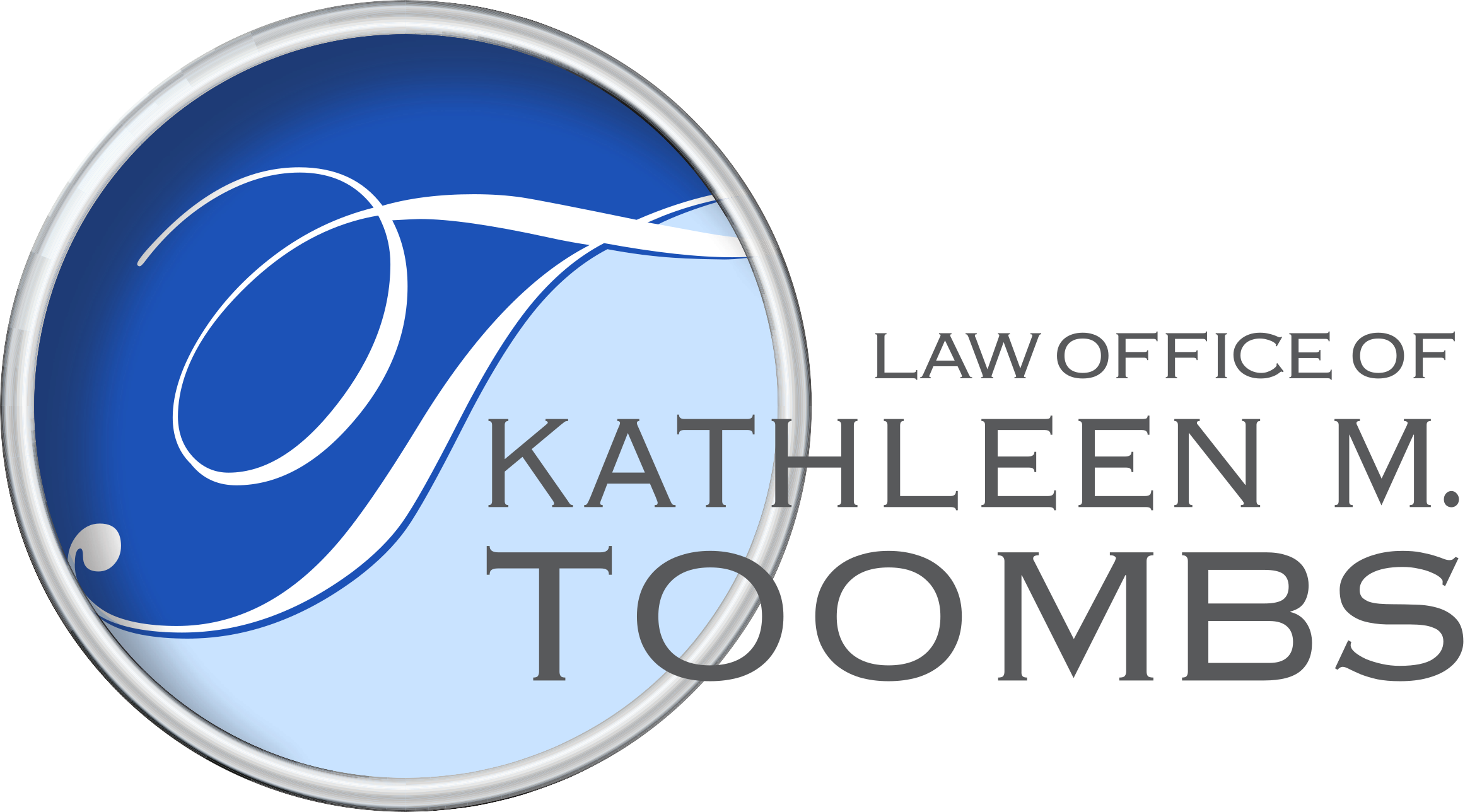Blogs
Nursing Home Crisis Asset Preservation Planning
Sophisticated Medicaid eligibility rules limit asset preservation solutions. In the context of short-term planning and where the individual (“client”) is already in the nursing home, this is even more complex. Here are some concepts for your consideration.
Basic Strategy:
- Categorize income and assets between spouses, as well as distinguishing tax-deferred accounts and any required minimum distribution. Include cash value of life insurance and annuities. Determine if there are any “uncompensated transfers” or gifts within the prior 60 months.
- Utilize all available exemptions and transfers to spouse, if applicable.
- “Spenddown” on allowable expenses, such as prepaid funeral, home repairs and improvements to benefit spouse. Pay applicable taxes and professional fees.
- Nursing Home resident allowance, $30,182 plus Community Spouse allowance, $74,890 to $154,140 (as of this writing and likely to change). Spend amounts above exemptions and allowances on costs of care.
Advanced Asset Preservation Strategy:
It may be possible to achieve further asset preservation above the exemptions and allowances. This planning is very detail specific. All “excess” assets are not spent on the cost of care. Instead, the excess is transferred out of the client’s name and divided into two shares, namely, the gifted share (which will carry a “penalty period”) and the Promissory Note share, to be carefully managed and repaid over the penalty period, all in combination with an immediate need Medicaid application.
This is not your typical IOU or promissory note. It must be non-negotiable, non-assignable and otherwise not transferable; it must be repaid within the client’s life expectancy and at a reasonable rate of interest. Payments must be made in monthly installments and, when combined with client’s other income from all sources, cannot equal or exceed the monthly cost of care.
The objective is to preserve the gifted share while utilizing the Promissory Note which will help pay the cost of care in combination with other income and savings, during the “penalty period” caused by the gifted share. When properly calculated and documented, at the end of the Promissory Note repayment period, the gifted share is preserved and Medicaid will cover the portion of the nursing home bill not covered by income.
Here is a simplified example for a single person with total assets of $229,929 after exemptions and spenddown:
• Gift Amount $105,880, creating an 8-month penalty period
• Promissory Note $90,867, repayable at $11,514 per month for 8 months to client.
The repayment of $11,514, in combination with client’s income $3,636 and savings will pay the $15,300 monthly nursing home bill through the 8-month penalty period.
This is not a do-it-yourself strategy. Small, seemingly insignificant details or an innocent mistake can derail the plan and leave you in a bad position. This also cannot be done until the client is in the nursing home and is fully prepared to submit the Medicaid application with all of the required documentation details on hand. Even where it appears to be a financial disaster, an experienced elder-law attorney may find a way for you to preserve assets.
Law Office of Kathleen M. Toombs
157 Barrett Street, Schenectady, NY 12305
(518) 688-2846
Law Office of Kathleen M. Toombs, PLLC
Recent Posts
Contact Us


